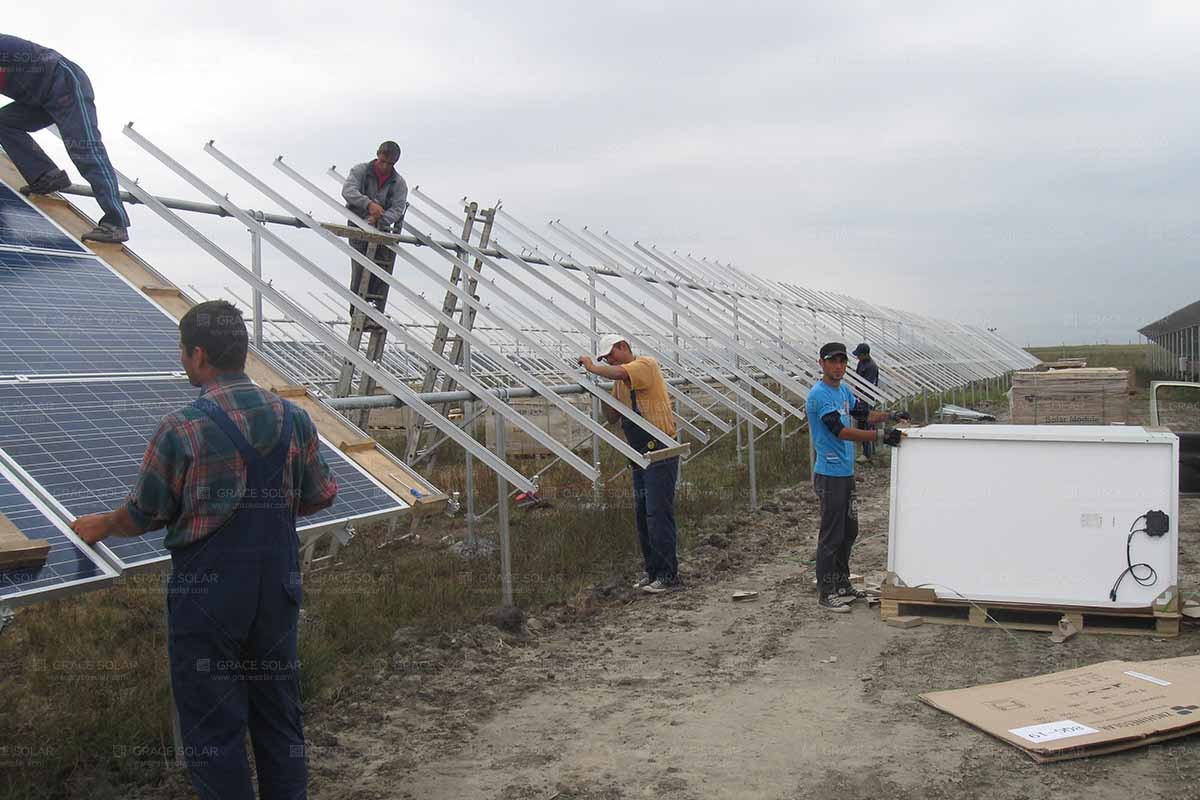Boom in prosumers could cause ‘death spiral’ in energy markets, but it doesn’t have to
An increase in strategic, self-generating renewable energy ‘prosumers’ in the energy market has the potential to lead to ‘death spirals’ for utilities, according to research from the Tokyo University of Science.
 Using mathematical modelling of markets, the research found that strategic prosumers – those consumers with rooftop solar, for example, who tailor their energy consumption based on the market conditions – can increase the transmission charge that generators and consumers have to pay to grid utilities and increase the risk of a ‘death spiral’ in the market.
Using mathematical modelling of markets, the research found that strategic prosumers – those consumers with rooftop solar, for example, who tailor their energy consumption based on the market conditions – can increase the transmission charge that generators and consumers have to pay to grid utilities and increase the risk of a ‘death spiral’ in the market.
A death spiral is the term to describe an increase in self-generation and off-grid assets that in turn cause energy providers to raise their prices, pushing more consumers to become prosumers, which drives the price up further, and so on.
The paper in which the research appears – “Death spiral, transmission charges, and prosumers in the electricity market” – says that the enhanced resilience that distributed prosumer generation can provide to the power sector can also shift the cost of bulk energy use to ‘traditional’ consumers who rely on what the grid provides.
The lead researcher, Professor Ryuta Takashima of the Department of Industrial and Systems Engineering at Tokyo University of Science, said: “In light of the growing concern over death spirals in energy market, these findings add to the ongoing discussion about transmission costs in the presence of prosumers and shed light on death spirals. Moreover, since it is expected that such a phenomenon might occur in Japan in the future, the current research can be applied to the Japanese electricity market to offer suggestions for its aversion.”
However, the researchers found that the sheer number of prosumers does not inherently increase the transmission charges for traditional consumers. They called this a ‘common belief’ that their research found to be untrue.
Prosumers who produce a “small” amount of electricity (eg. 500MWh) effectively act as normal consumers and the bulk market could actually benefit from prosumers’ renewables generation with low marginal cost.
“Large” prosumers, who generate significant amounts of their own energy (eg. 2,000MWh) will have an effect on transmission prices, the research found.
In terms of solutions, the findings propose the potential of a per-MWh tax on prosumers’ use of electricity from the bulk market, offsetting their impact on general prices.
In Europe, Australia and America the residential and rooftop solar PV markets have been expanding considerably as consumers seek more independence and shelter from unstable energy prices and governments incentivise renewables adoption.
PV software provider Aurora Solar released a report in March that claimed 77% of US homeowners either have PV installed or would consider doing so and that over 90% of residential solar installers reported increased interest last year. The German Solar Industry Association identified a similar trend for its market last year.
In the same month, Australia’s Clean Energy Council published data showing that rooftop PV generation exceeded all other renewables generation sources in Australia last summer.

A death spiral is the term to describe an increase in self-generation and off-grid assets that in turn cause energy providers to raise their prices, pushing more consumers to become prosumers, which drives the price up further, and so on.
The paper in which the research appears – “Death spiral, transmission charges, and prosumers in the electricity market” – says that the enhanced resilience that distributed prosumer generation can provide to the power sector can also shift the cost of bulk energy use to ‘traditional’ consumers who rely on what the grid provides.
The lead researcher, Professor Ryuta Takashima of the Department of Industrial and Systems Engineering at Tokyo University of Science, said: “In light of the growing concern over death spirals in energy market, these findings add to the ongoing discussion about transmission costs in the presence of prosumers and shed light on death spirals. Moreover, since it is expected that such a phenomenon might occur in Japan in the future, the current research can be applied to the Japanese electricity market to offer suggestions for its aversion.”
However, the researchers found that the sheer number of prosumers does not inherently increase the transmission charges for traditional consumers. They called this a ‘common belief’ that their research found to be untrue.
Prosumers who produce a “small” amount of electricity (eg. 500MWh) effectively act as normal consumers and the bulk market could actually benefit from prosumers’ renewables generation with low marginal cost.
“Large” prosumers, who generate significant amounts of their own energy (eg. 2,000MWh) will have an effect on transmission prices, the research found.
In terms of solutions, the findings propose the potential of a per-MWh tax on prosumers’ use of electricity from the bulk market, offsetting their impact on general prices.
In Europe, Australia and America the residential and rooftop solar PV markets have been expanding considerably as consumers seek more independence and shelter from unstable energy prices and governments incentivise renewables adoption.
PV software provider Aurora Solar released a report in March that claimed 77% of US homeowners either have PV installed or would consider doing so and that over 90% of residential solar installers reported increased interest last year. The German Solar Industry Association identified a similar trend for its market last year.
In the same month, Australia’s Clean Energy Council published data showing that rooftop PV generation exceeded all other renewables generation sources in Australia last summer.



.jpg)